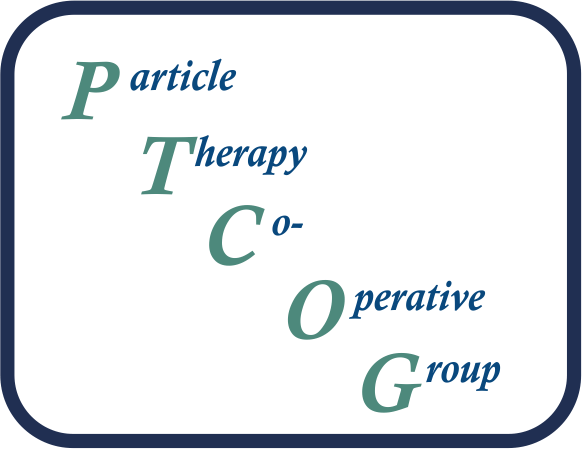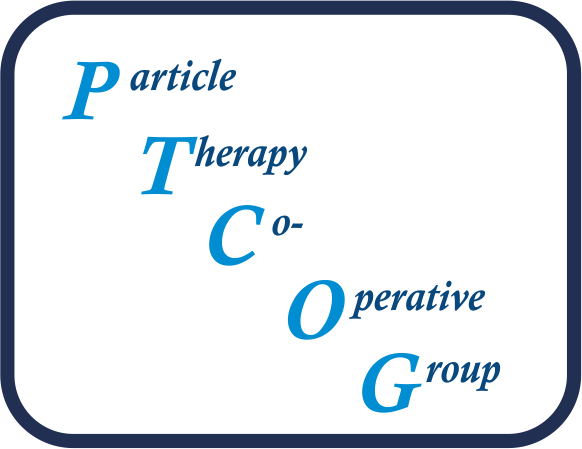PTCOG 62, Educational Session, June 10-11, 2024, Singapore
AI Subcommittee
Co-Chairs:
This email address is being protected from spambots. You need JavaScript enabled to view it. , This email address is being protected from spambots. You need JavaScript enabled to view it. , tbd (Asia)
Charges:
- Establish a PTCOG AI vision/roadmap:
- AI is becoming increasingly important to radiotherapy. The sub-committee will develop a vision/roadmap with milestones for the most crucial AI tools relevant to “future-proof” particle therapy.
- Provide Best-Practice Guidelines:
- Review existing recommendations for using AI in radiotherapy (e.g. recent ESTRO-AAPM guideline for AI in radiotherapy). Identify points in need for further refinement specific to particle therapy (e.g., accuracy requirement of contouring tools, QA of AI).
- Build a knowledge and data hub:
- Create a centralized code and data hub, with, at least, links/references to existing AI software and particle therapy data collections, and, at best, an accessible data base of particle therapy data collections.
- Foster collaboration:
- Bring together the state-of-the-art tools, data, experts
- Build momentum for large scale grant-applications
- Promote Education:
- Establish AI mentoring/workshops/learning material specific to AI in particle therapy for (re-)education
Bibliography:
- update
CIRT Guidelines Subcommittee
Co-Chairs:
This email address is being protected from spambots. You need JavaScript enabled to view it. , This email address is being protected from spambots. You need JavaScript enabled to view it. , This email address is being protected from spambots. You need JavaScript enabled to view it.
Administrative support: Katie Moreno (MCF)
Charges:
- Consolidate Existing Knowledge: Gather and synthesize current research, clinical experience, and guidelines related to CIRT to establish a comprehensive understanding of its principles and applications.
- Develop Evidence-Based Guidelines: Systematically review available evidence to formulate evidence-based recommendations for the use of CIRT in different cancer types, treatment settings, and patient populations.
- Address Clinical Practice Variations: Identify and address variations in clinical practice regarding CIRT, aiming to standardize treatment protocols and optimize patient care across institutions.
- Promote Education and Awareness: Foster education and awareness among healthcare professionals, patients, and caregivers about the benefits, risks, and appropriate utilization of CIRT through the dissemination of guidelines and educational materials.
- Facilitate Collaborative Research: Encourage collaboration among researchers and institutions to conduct further studies aimed at advancing the understanding and refining the practice of CIRT, with the ultimate goal of improving patient outcomes and quality of life.
Bibliography:
- update

Particle Therapy Co-Operative Group
An organisation for those interested in proton, light ion and heavy charged particle radiotherapy
PTCOG Radiation Therapists (RTT) Working Group
The duties of the PTCOG RTT Working Group are the organization of the RTT Educational Sessions in close collaboration with the Educational Subcommittee. The goal of the RTT working group is to promote collaboration between physicians, physicists, and radiation therapists which can lead to advancements in all fields. This important collaboration allows RTTs to gain exposure to the latest research and clinical practices in the field and network with potential collaborators for future projects.
The PTCOG Radiation Therapists (RTT) Working Group consists of the following members charing the group:
![]()
Courtney Misher
Penn Medicine, Department of Radiation Onclogy, Philadelphia, PA, USA
![]()
Rita Simoes
University College London Hospital (UCLH), London, UK
![]()
Ingrid Kristensen
The Skandion Clinic, Uppsala, Sweden
